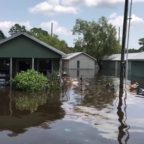
With record-breaking storms, aging infrastructure, and growing support for federal reform, it’s more crucial than ever to ensure the U.S. is ready to withstand flooding. Recently, a bipartisan group of more than 250 elected officials signed the Flood-Ready Infrastructure Statement of Principles, which encourages the federal government to improve building requirements, enhance the use of natural defenses, and reduce unsustainable development in risky areas.
View this complete post...







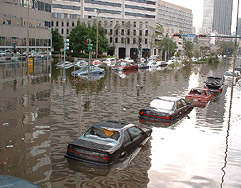

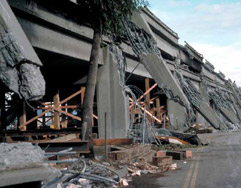

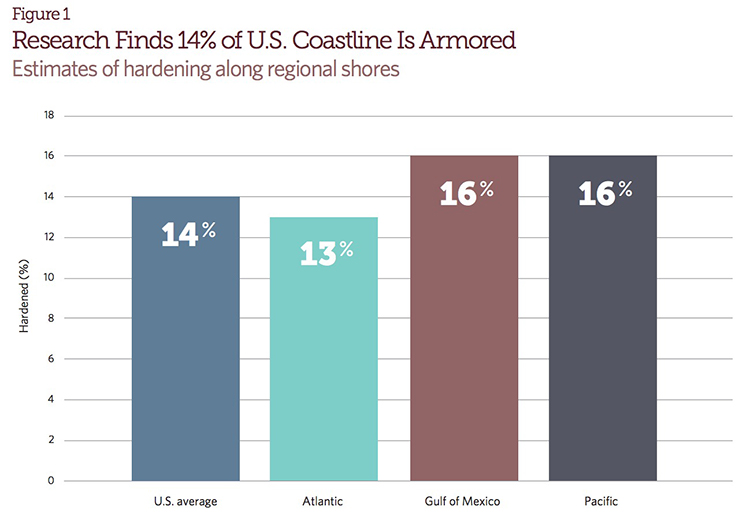
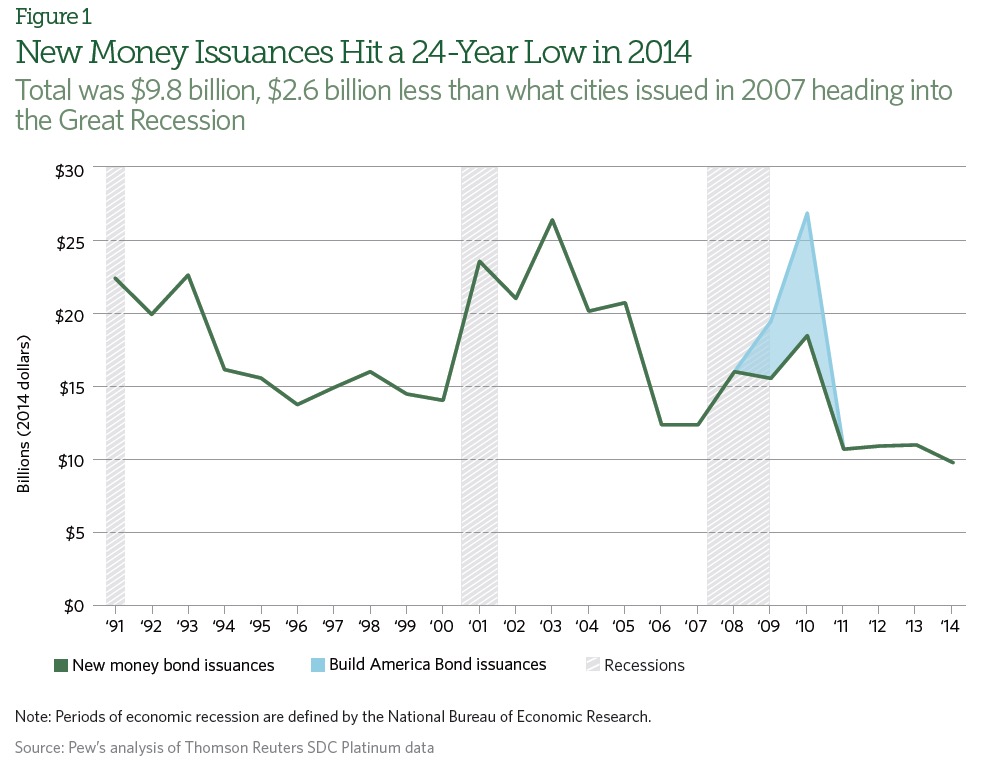
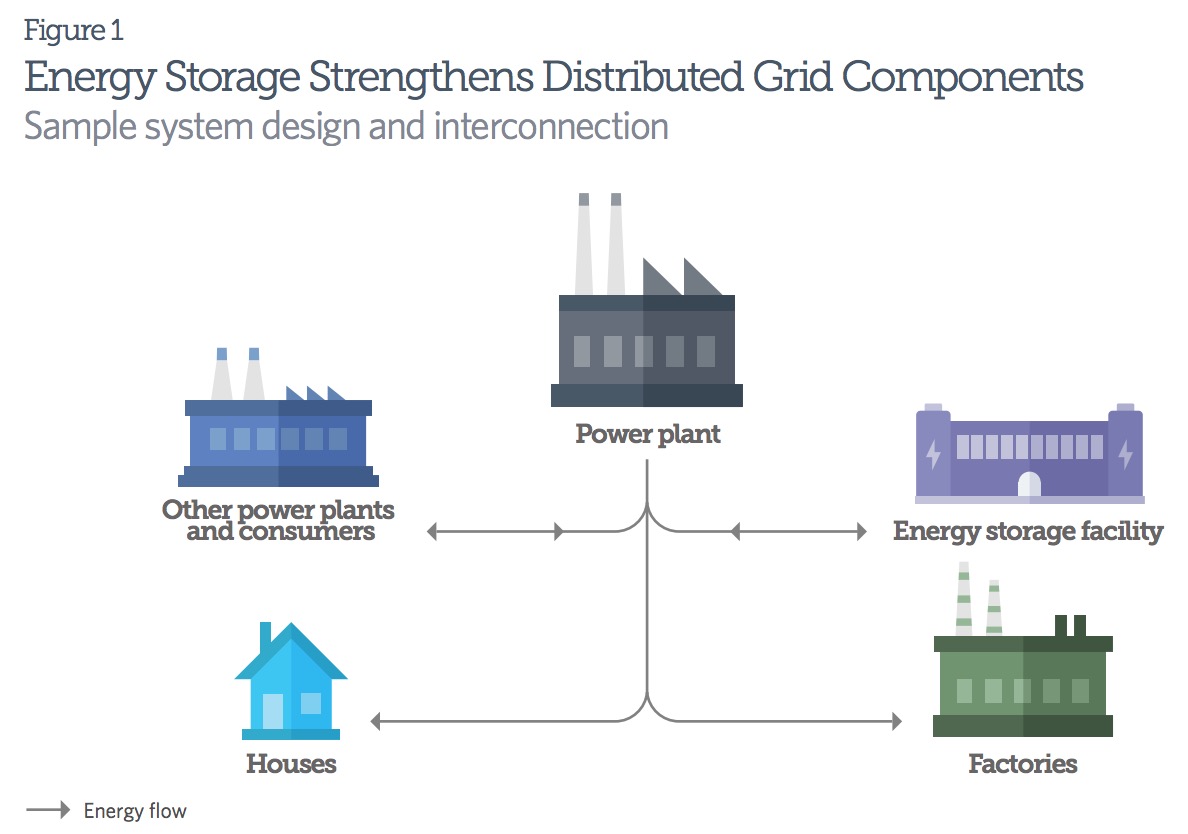
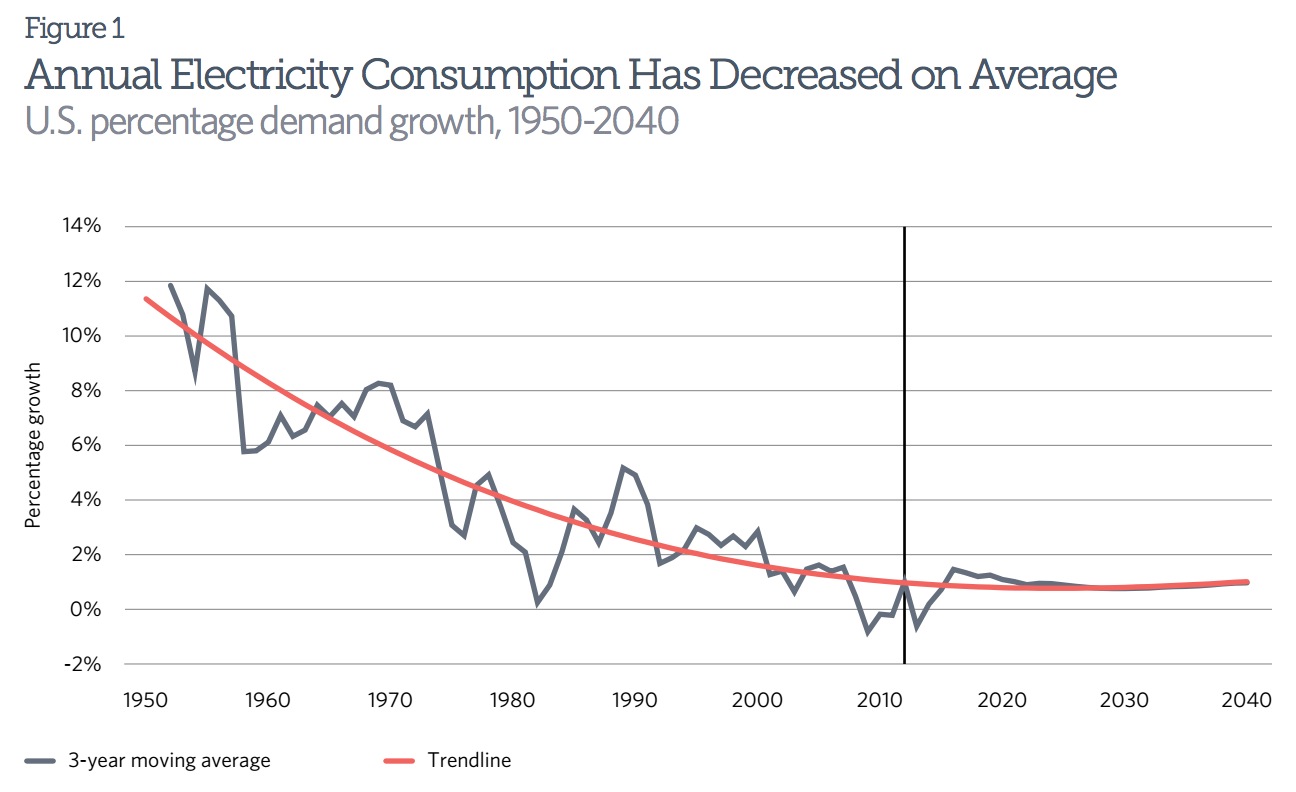
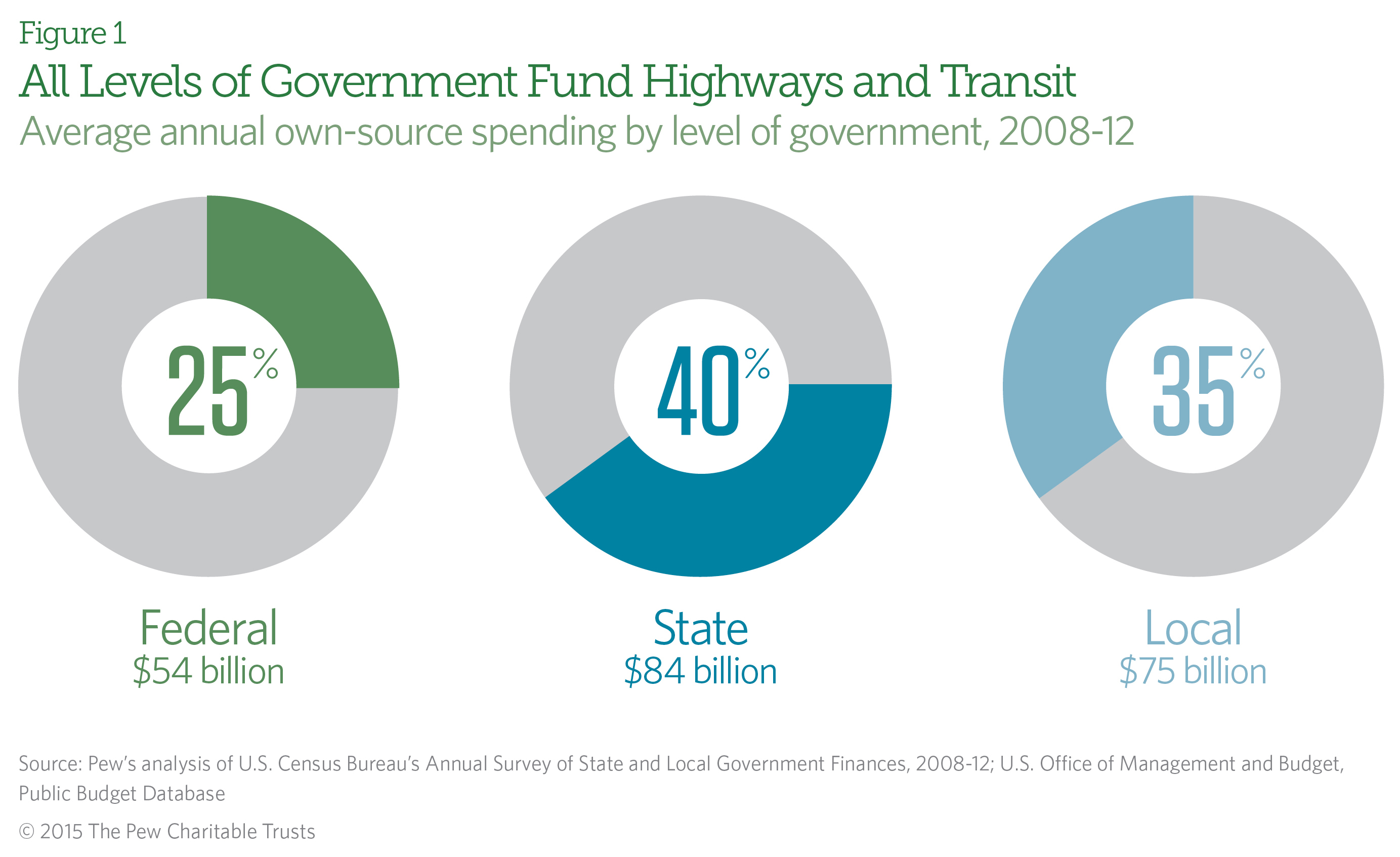
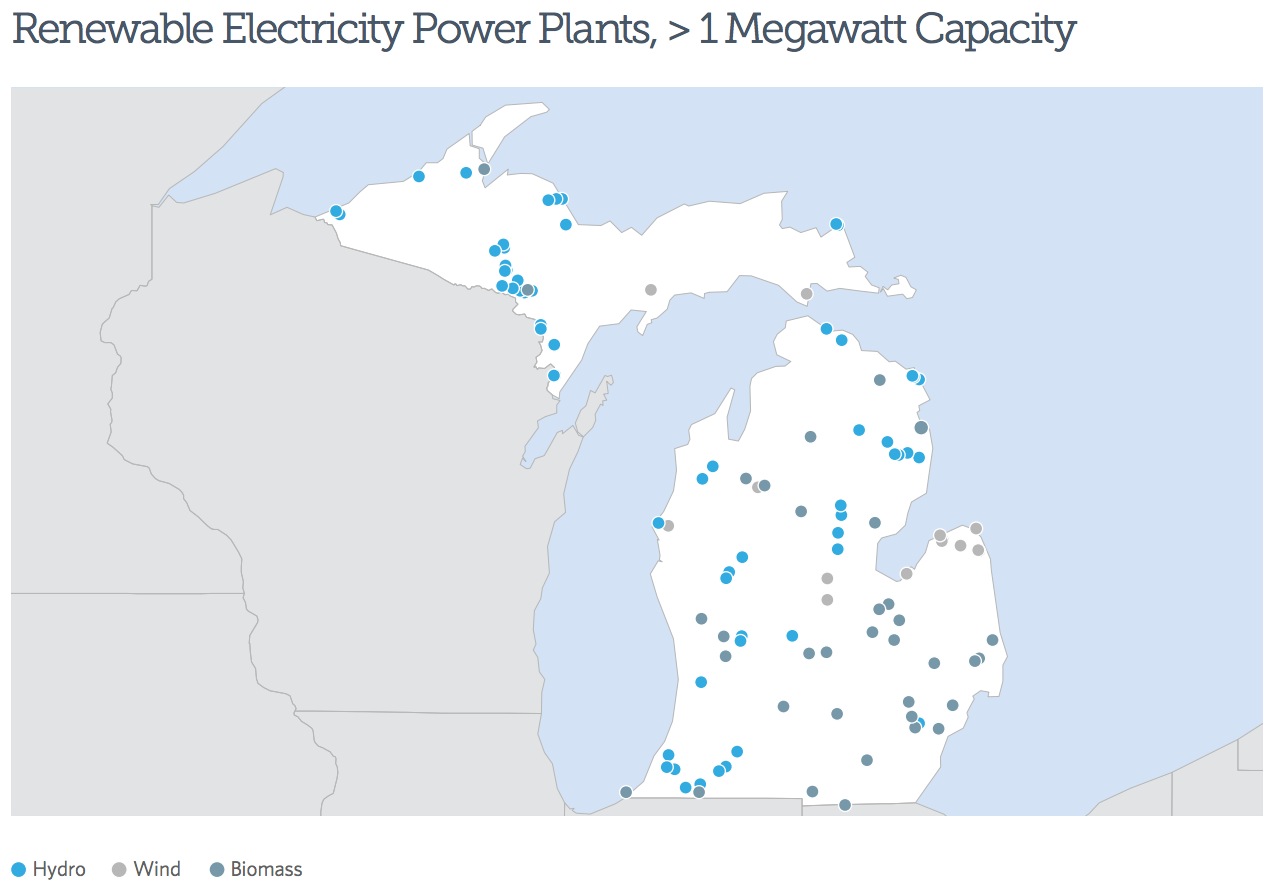

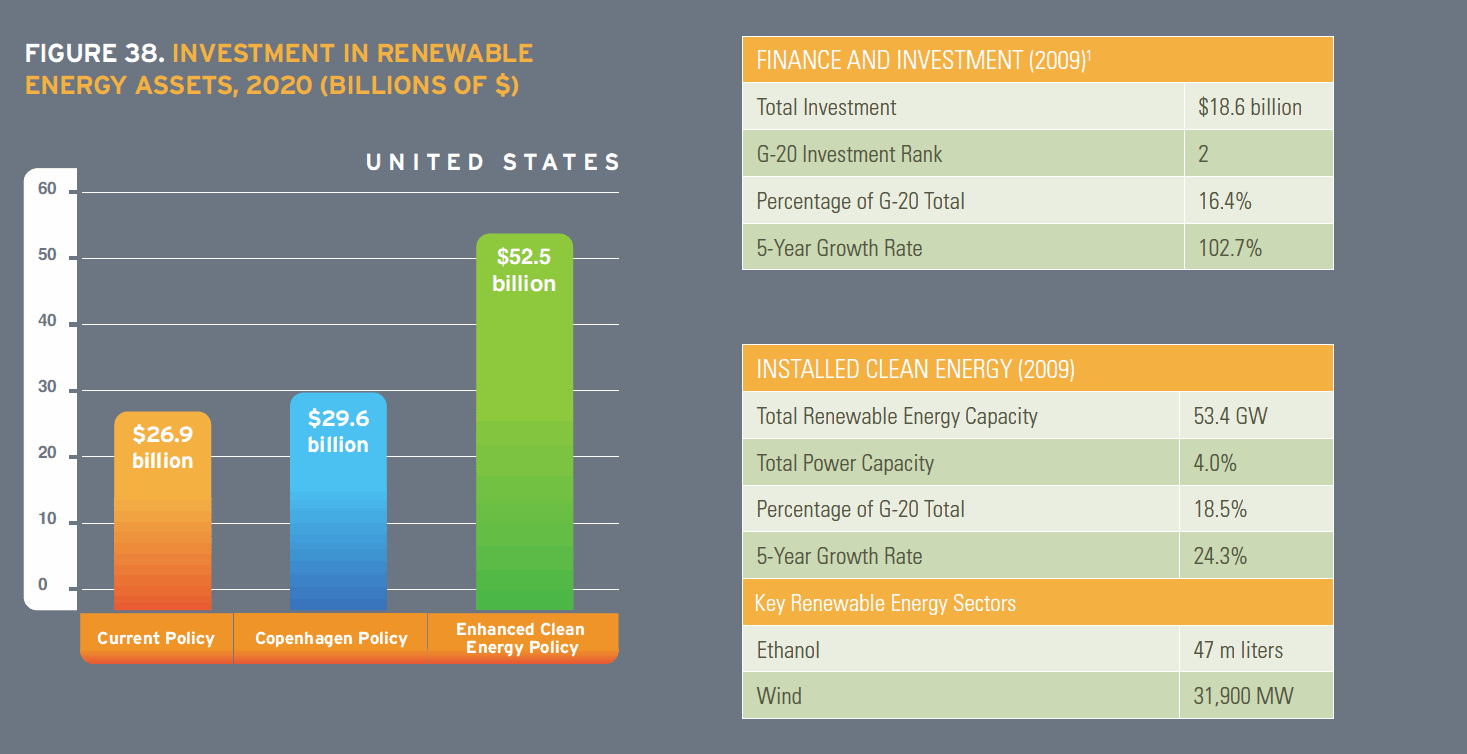

 RSS Feed
RSS Feed